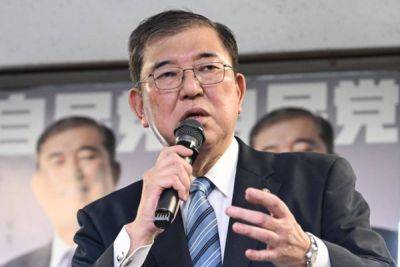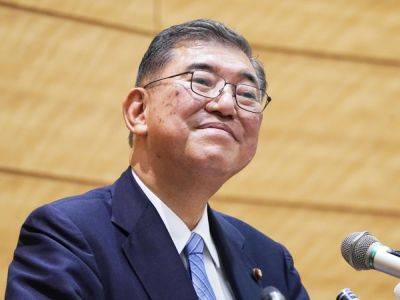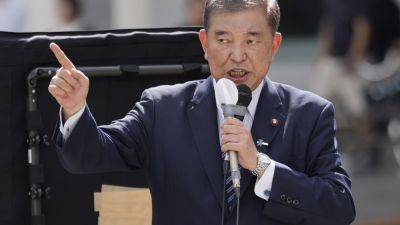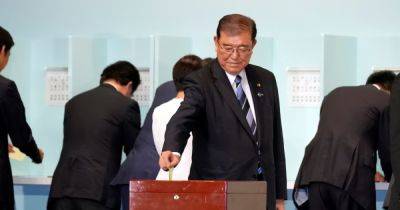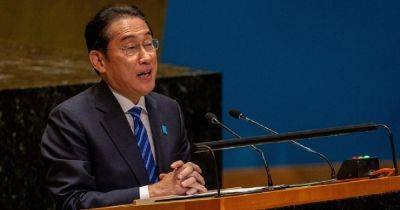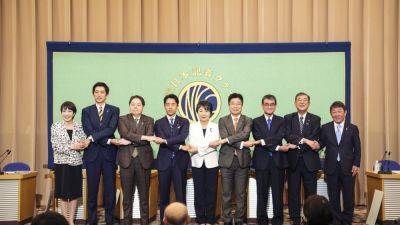Ishiba must strike a balance of continuity and change
Shigeru Ishiba’s rise to the premiership represents a potentially significant turn for Japan, with questions abound about how much he will retain and change his predecessor Fumio Kishida’s policies and paradigms.
While Ishiba is widely expected to uphold many of Kishida’s initiatives, including on foreign relations and economic strategy, he may also implement substantial departures in domestic policy amid the nation’s many evolving and profound challenges.
Kishida’s ultimately unpopular administration was characterized by cautious yet steady policy-making, with an emphasis on economic stimulus measures that sought to balance growth and inflation.
His government aimed to modernize Japan through digital transformation while seeking ways to address demographic challenges posed by a fast-aging population and diminishing workforce. Social welfare reforms, particularly on pensions, were thus integral to Kishida’s agenda.
On foreign policy, Kishida prioritized enhancing Japan’s alliances, particularly with the United States, while amplifying Japan’s role in multilateral frameworks such as the Quad. Kishida adopted a highly measured diplomatic posture toward China and Russia, seeking to balance economic interests with security considerations.
His initiatives to restore relations with South Korea and strengthen ties with ASEAN nations, including Indonesia, were notable diplomatic accomplishments.
Kishida’s tenure also saw Japan’s increasing alignment with NATO, including discussions on the establishment of a NATO liaison office in Japan, signaling Japan’s growing integration within Western security frameworks in response to regional threats.
Ishiba’s approach to domestic policy is expected to integrate continuity with


